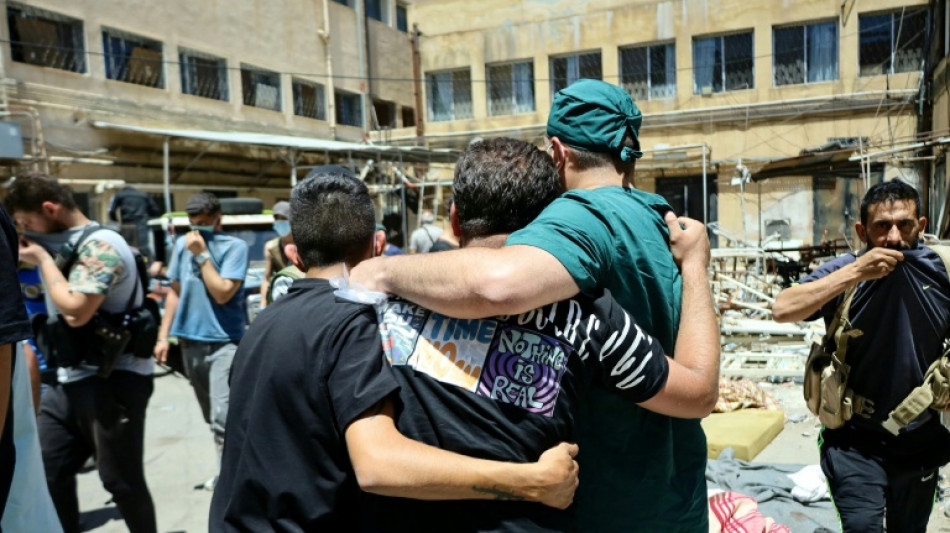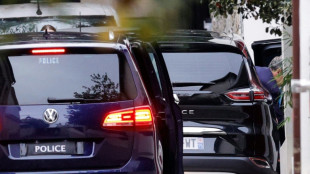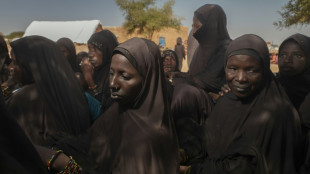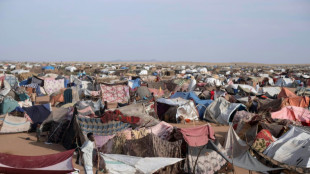

'Mass grave': Medics appeal for aid at last working hospital in Syria's Sweida
In the last barely-functional hospital in Sweida, bodies are overflowing from the morgue, staff said, amid violence that has wracked the Druze-majority southern Syrian city for nearly a week.
"It's not a hospital anymore, it's a mass grave," said Rouba, a member of the medical staff at the city's sole government hospital, weeping as she appealed for aid.
Dr Omar Obeid, who heads the Sweida division at Syria's Order of Physicians, said the facility has received "more than 400 bodies since Monday morning", including women, children and the elderly.
"There's no more space in the morgue, the bodies are out on the street" in front of the hospital, he continued.
Fighting erupted Sunday night between Druze fighters and local Bedouin tribes before Syrian government forces intervened on Tuesday with the stated intention of quelling the violence.
But in the subsequent events, those government forces were accused of grave abuses against the minority, according to rights organisations, witnesses and Druze groups.
The government forces withdrew from the city on Thursday following threats from Israel, which has vowed to protect the Druze.
In the hospital on Friday, corridors were engulfed by the stench of the dead bodies, which had bloated beyond recognition, an AFP correspondent said.
Visibly overwhelmed, the handful of medical personnel remaining at the facility nonetheless rushed to do their best to offer care to the seemingly endless stream of wounded, many of them waiting in the hallways.
"There are only nine doctors and medical staff left, and they are working nonstop," said Rouba, who preferred not to give her full name.
- 'No water, no electricity' -
"The situation is very bad, we have no water and no electricity, medicines are starting to run out," Rouba continued.
"There are people who have been at home for three days and we can't manage to rescue them," she said.
"The bodies are on the streets and no one can go out to get them. Yesterday, five big cars filled with bodies arrived at the hospital.
"There are women, children, people whose identities are unknown, cut-off arms or legs."
The United Nations on Friday urged an end to the bloodshed, demanding "independent, prompt and transparent investigations into all violations".
According to the Syrian Observatory for Human Rights, the violence has claimed the lives of nearly 600 people since Sunday.
Omar Obeid told AFP that three of his colleagues were killed, including one who was "shot dead in his house, in front of his family".
Another was killed at point-blank range in her car as she drove through a security checkpoint, he said.
The third, "surgeon Talaat Amer was killed while he was at the hospital on Tuesday in a blue surgical gown to perform his duty", Obeid said.
"They shot him in the head. Then they called his wife and told her: your husband was wearing a surgical cap -- it's red now."
Z.al-Dosari--BT



